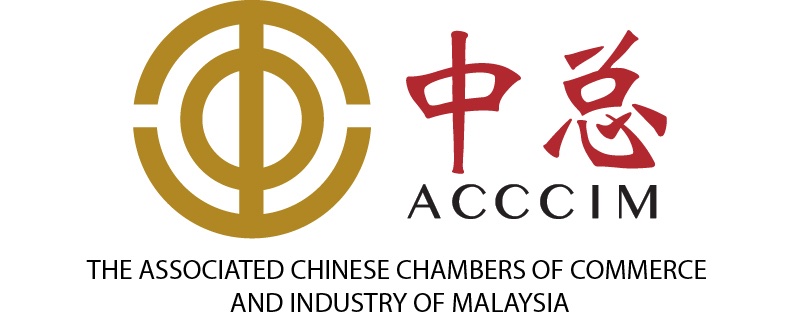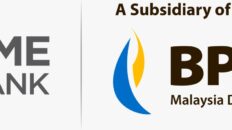Survey shows rising costs, weaker sentiment, and business hopes for Budget 2026 support
The Associated Chinese Chambers of Commerce and Industry of Malaysia (ACCCIM) has released the latest Malaysia Business and Economic Conditions Survey (M-BECS), covering business performance in the first half of 2025 and expectations for the remainder of the year. The findings reveal a challenging landscape, with overall sentiment weakened by global tariff uncertainties, cooling demand, and domestic cost pressures.
For the first time, the survey introduced two composite measures: the Business Condition Index (BCI) and the Business Sentiment Index (BSI). Both indicators fell below the neutral threshold of 100, registering 86.5 in 1H 2025 and 97.4 in 2H 2025, signalling cautious pessimism.
Rising Costs Squeeze Businesses
Respondents cited multiple cost burdens as the biggest challenge, including higher minimum wages, expanded Sales and Service Tax (SST), tariff hikes for ports, electricity, and water, as well as compliance costs from upcoming e-invoicing and foreign worker levy reforms. More than 54% of businesses reported high operating costs, while others pointed to raw material price increases, weaker consumer sentiment, and cash flow challenges.
Outlook for Domestic and Foreign Sales
Domestic sales fell in the first half of 2025, with 40.4% of respondents expecting further declines in 2H 2025. Foreign sales also trended lower, with 37.6% anticipating weaker performance in the coming months. Production levels are expected to remain subdued, while capital expenditure growth has slowed, reflecting a cautious investment climate.
Businesses Call for Targeted Budget 2026 Support
The survey also explored expectations for Budget 2026, with SME financing and capacity building ranked as the top priority by 56.3% of respondents. Businesses urged for tax rebates, investment incentives, and competitive corporate tax reforms to narrow Malaysia’s gap with regional peers. Respondents also stressed the importance of AI and digital infrastructure investment to equip SMEs for future competitiveness, while simplifying access to grants and funding.
Concerns Over Expanded SST
The expansion of the SST has intensified cost and compliance pressures. According to the survey, 79.5% of businesses reported higher costs, 67.8% experienced reduced profit margins, and nearly 50% cited heavier administrative burdens. To ease the transition, ACCCIM has urged the Government to raise the SST exemption threshold to RM3 million, reduce the service tax rate for new services to 4% temporarily, and grant exemptions for long-term projects.
ACCCIM’s Call to Action
ACCCIM President Datuk Ng Yih Pyng emphasised the need for urgent policy support to protect Malaysia’s business competitiveness:
“Businesses are facing unprecedented cost pressures at a time of global uncertainty. A competitive, transparent, and supportive policy framework is essential to help companies weather these challenges while driving innovation and growth.”









